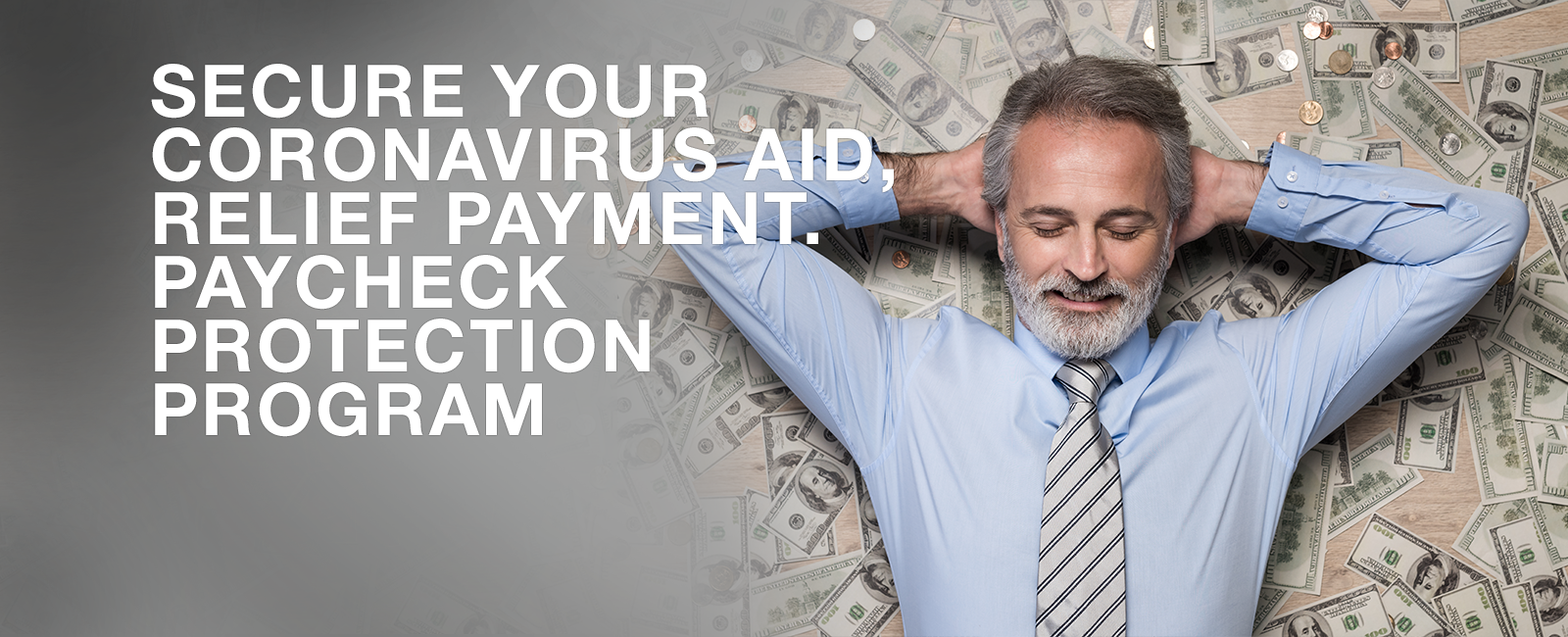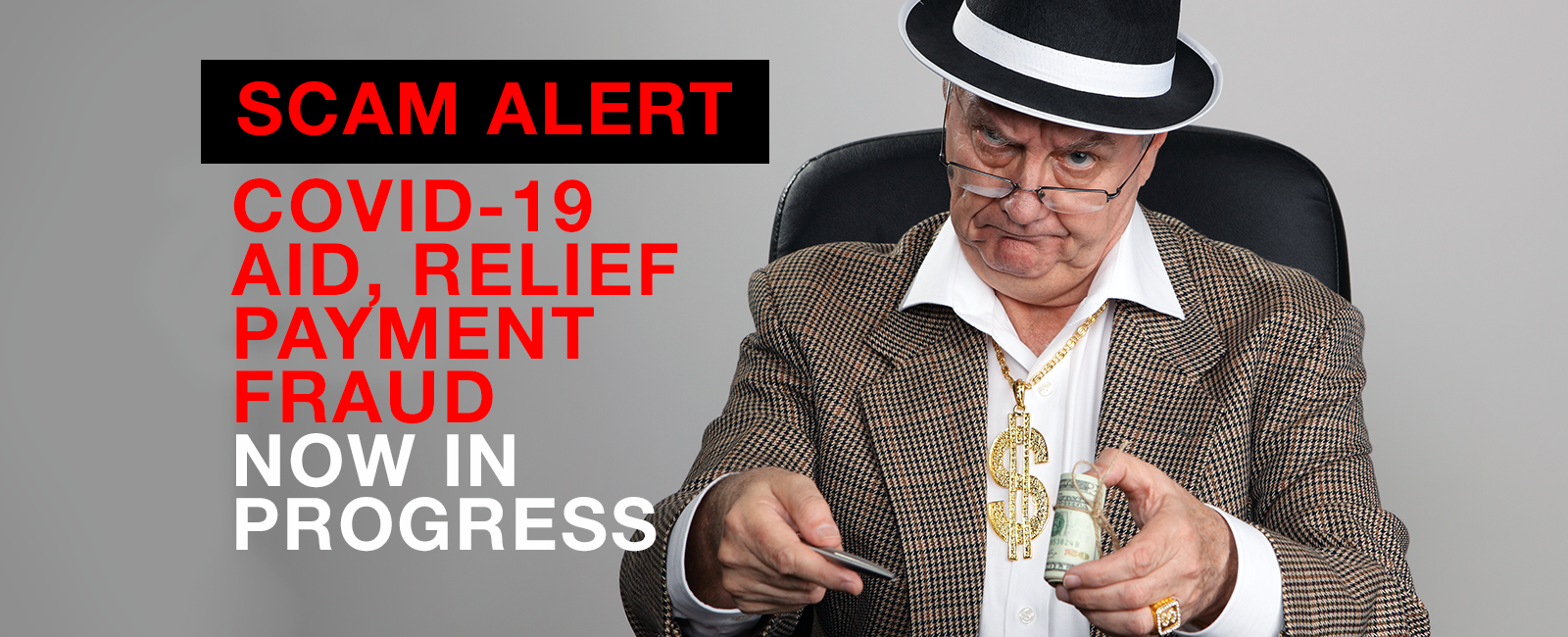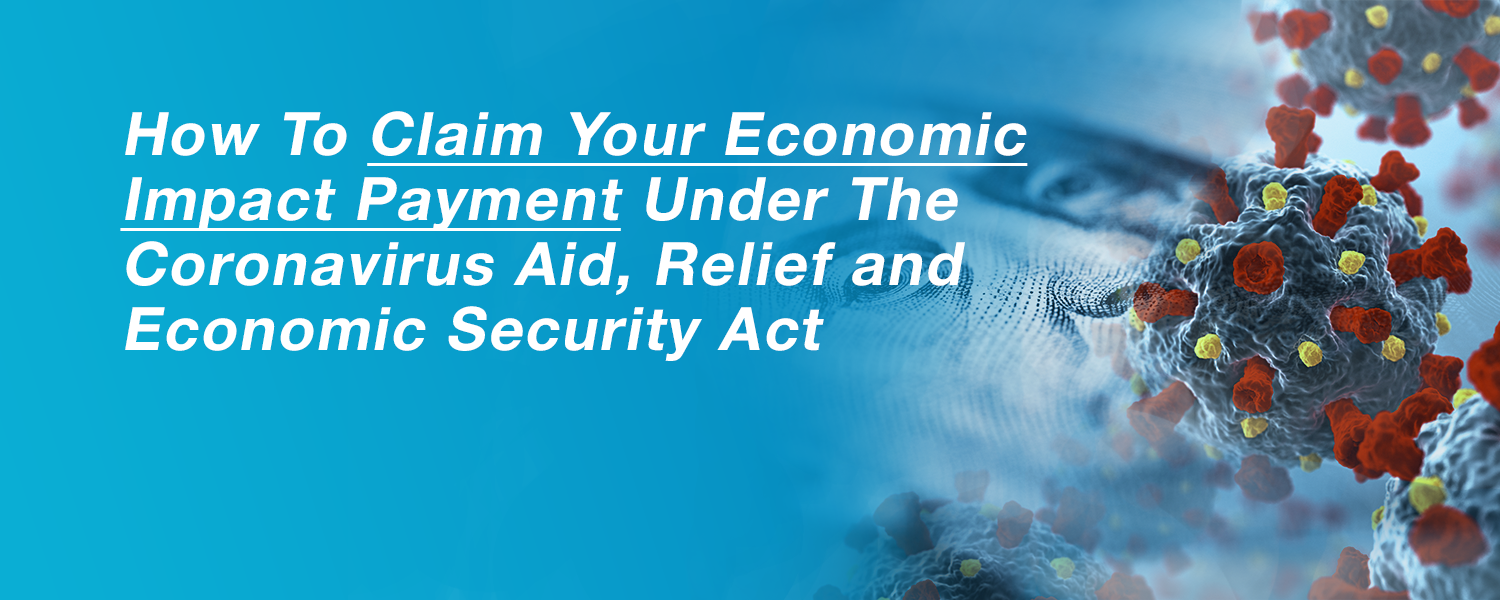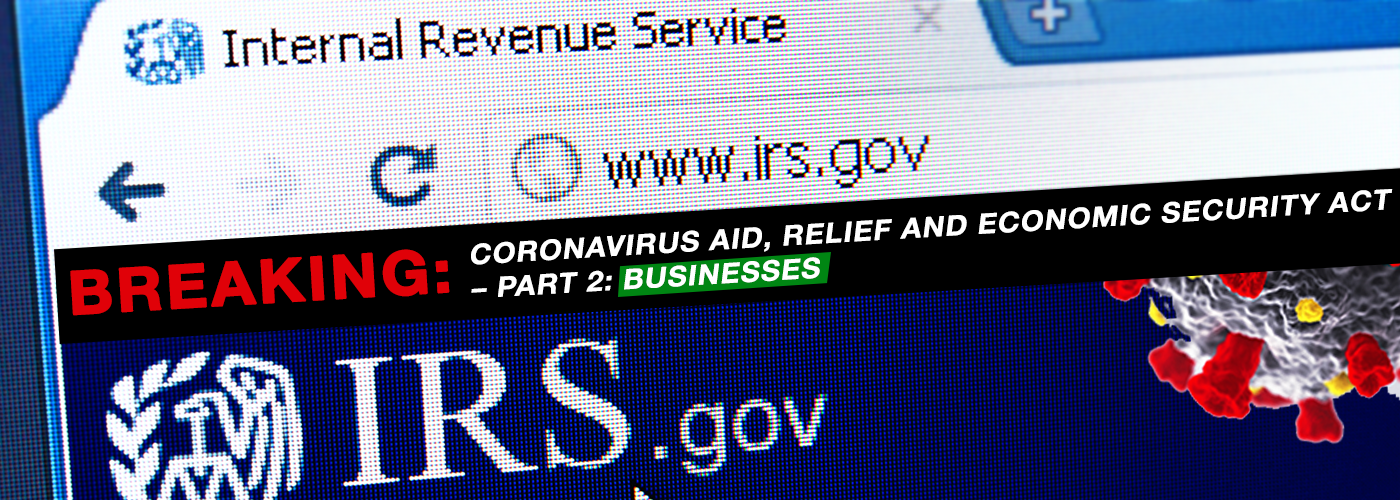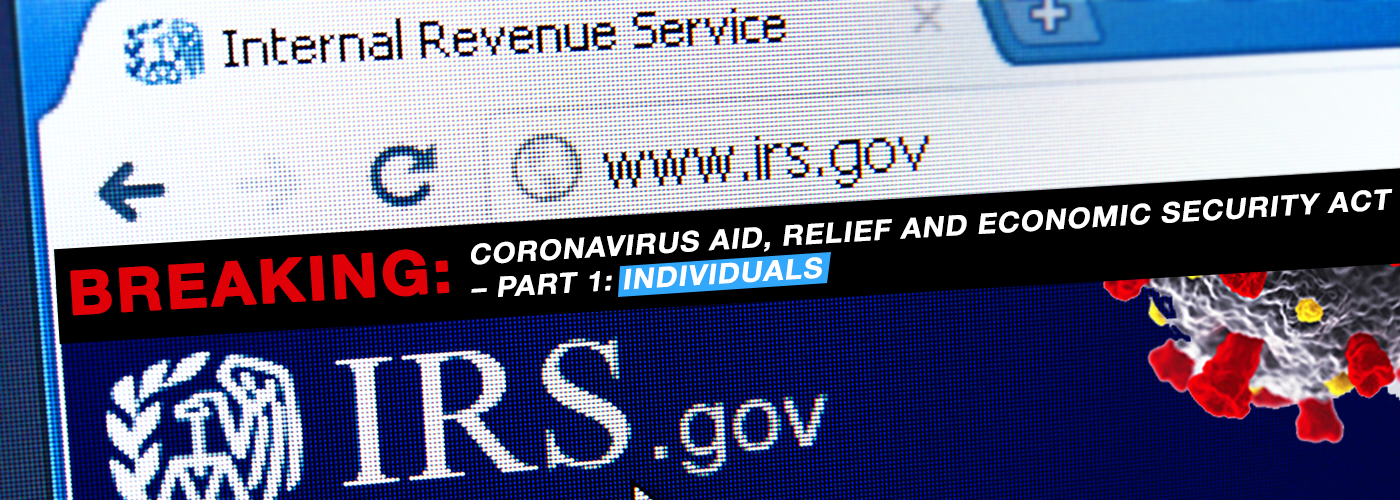How To Secure Funds In The Paycheck Protection Program Under The Coronavirus Aid, Relief and Economic Security Act
On March 27, 2020 President Trump signed the $2 trillion Stimulus Bill formally known as the Coronavirus Aid, Relief and Economic Security [CARES] Act (the “CARES Act”) to provide assistance to workplaces and employees. The CARES Act provides many benefits intended to deliver cash into the hands of individuals and businesses, as well as many other tax provisions. One of the most publicized provisions is the access of funds through banks to qualifying businesses and self-employed taxpayers to pay for payroll, insurance premiums and mortgage, rent and utility payments. This is known as the “Paycheck Protection Program”.
What is the Paycheck Protection Program (“PPP”)?
Under this program, small businesses with 500 or fewer employees including not-for-profits, veterans’ organizations, tribal concerns, self-employed individuals, sole proprietorships, and independent contractors are eligible for loans to pay up to eight weeks of payroll costs including benefits as well as other costs.
What can PPP funds be used to pay?
PPP funds can be used to pay payroll costs including benefits (with salaries being under $100,000 per employee), interest on mortgages, rent payments, and utility bills; however, no more than 25% of the funds can be used for non-payroll costs.
What counts as payroll costs?
- Salary, wages, commissions, or tips (capped at $100,000 on an annualized basis for each employee);
- Employee benefits including costs for vacation, parental, family, medical, or sick leave; allowance for separation or dismissal; payments required for the provisions of group health care benefits including insurance premiums; and payment of any retirement benefit;
- State and local taxes assessed on compensation; and
- For a sole proprietor or independent contractor: wages, commissions, income, or net earnings from self-employment, capped at $100,000 on an annualized basis for each employee.
What counts as non-payroll costs?
- Interest on mortgage obligations, incurred before February 15, 2020;
- Rent, under lease agreements in force before February 15, 2020; and
- Utilities, for which service began before February 15, 2020.
Under what circumstances do I have to repay these PPP funds received?
The loan of the PPP funds will be forgiven if you maintain your pre-existing employees at their pre-existing salary levels. Also, that you do not pay out more than 25% of the PPP funds for non-payroll costs specifically limited to: interest on mortgages, rent, and utilities.
How soon can one apply?
Starting April 3, 2020, small businesses and sole proprietorships affected by the coronavirus pandemic can apply for loans under the PPP. Independent contractors and self-employed individuals can apply starting April 10, 2020. The application period ends June 30, 2020.
Where do I apply?
The application can be found here on the United States Treasury website, along with details for borrowers and lenders. After completing the application you would then go to any existing SBA lender or through any federally insured depository institution, federally insured credit union, and Farm Credit System institution that is participating. Other regulated lenders will be available to make these loans once they are approved and enrolled in the program. You should consult with your local lender as to whether it is participating. Visit www.sba.gov for a list of SBA lenders.
How large can my loan be?
Loans can be for up to two months of your average monthly payroll costs from the last year plus an additional 25% of that amount. That amount is subject to a $10 million cap. If you are a seasonal or new business, you will use different applicable time periods for your calculation. Payroll costs will be capped at $100,000 annualized for each employee.
How many loans can I take out under PPP?
Only one.
Are there any charges or requirements for collateral or personal guarantees?
No collateral or personal guarantees are required. Neither the government nor lenders will charge small businesses any fees.
What if I do not spend all the funds or make non-qualifying expenditures?
The amount of loan forgiveness will be reduced including if full-time headcount declines or if salaries and wages decrease. Also, if you use the loan amount for anything other than payroll costs, mortgage interest, rent, and utilities payments over the 8 weeks after getting the loan.
How can I request loan forgiveness?
You can submit a request to the lender that is servicing the loan. The request will include documents that verify the number of full-time equivalent employees and pay rates, as well as the payments on eligible mortgage, lease, and utility obligations. You must certify that the documents are true and that you used the forgiveness amount to keep employees and make eligible mortgage interest, rent, and utility payments. The lender must make a decision on the forgiveness within 60 days.
What is my interest rate?
0.50% fixed rate.
When do I need to start paying interest on my loan?
All payments are deferred for 6 months; however, interest will continue to accrue over this period.
When is my loan due?
In 2 years.
Can I pay my loan earlier than 2 years?
Yes. There are no prepayment penalties or fees.
Can I still claim the Employee Retention Tax Credit?
No. An employer who receives a loan under the PPP is not eligible to also claim an employee retention tax credit under the CARES Act. The employee retention tax credit gives eligible employers whose business operations are fully or partially suspended due to the COVID-19 pandemic a credit against employment taxes equal to 50% of qualified wages (up to $10,000 in wages) for each employee.
What Should You Do?
Don’t delay in applying as the Payroll Protection Program has a cap and demand is likely to be high.
Let the attorneys at the Law Offices Of Jeffrey B. Kahn, P.C. located in Orange County (Irvine), Los Angeles (including Long Beach and Ontario) and elsewhere in California assist you in securing the maximum amount of financing allowed and to maximize the amount of loan forgiveness. Also if you are involved in cannabis, check out what a cannabis tax attorney can do for you. And if you are involved in crypto currency, check out what a bitcoin tax attorney can do for you.

